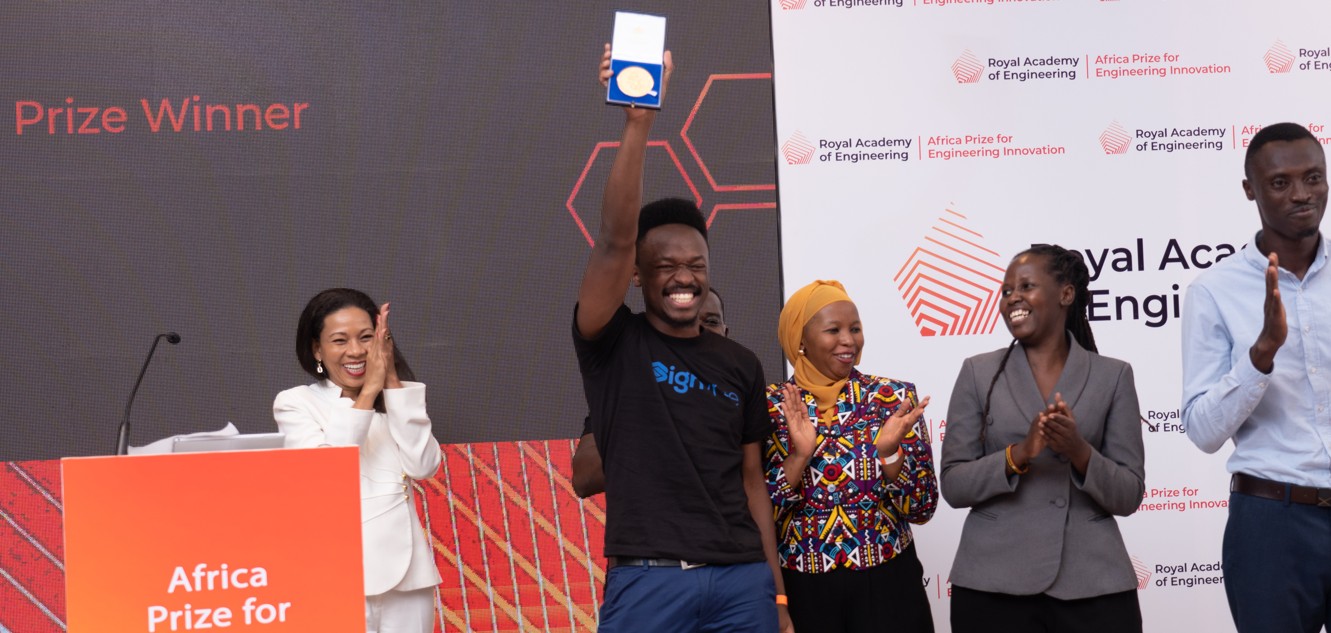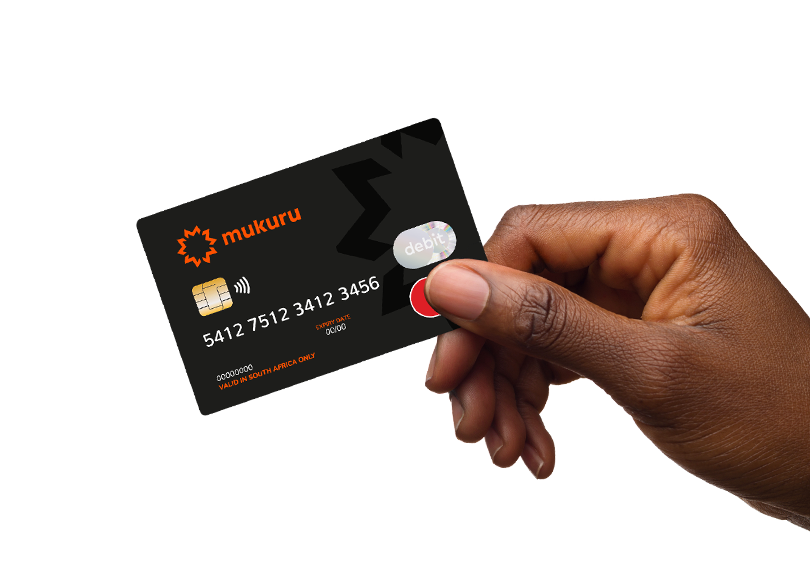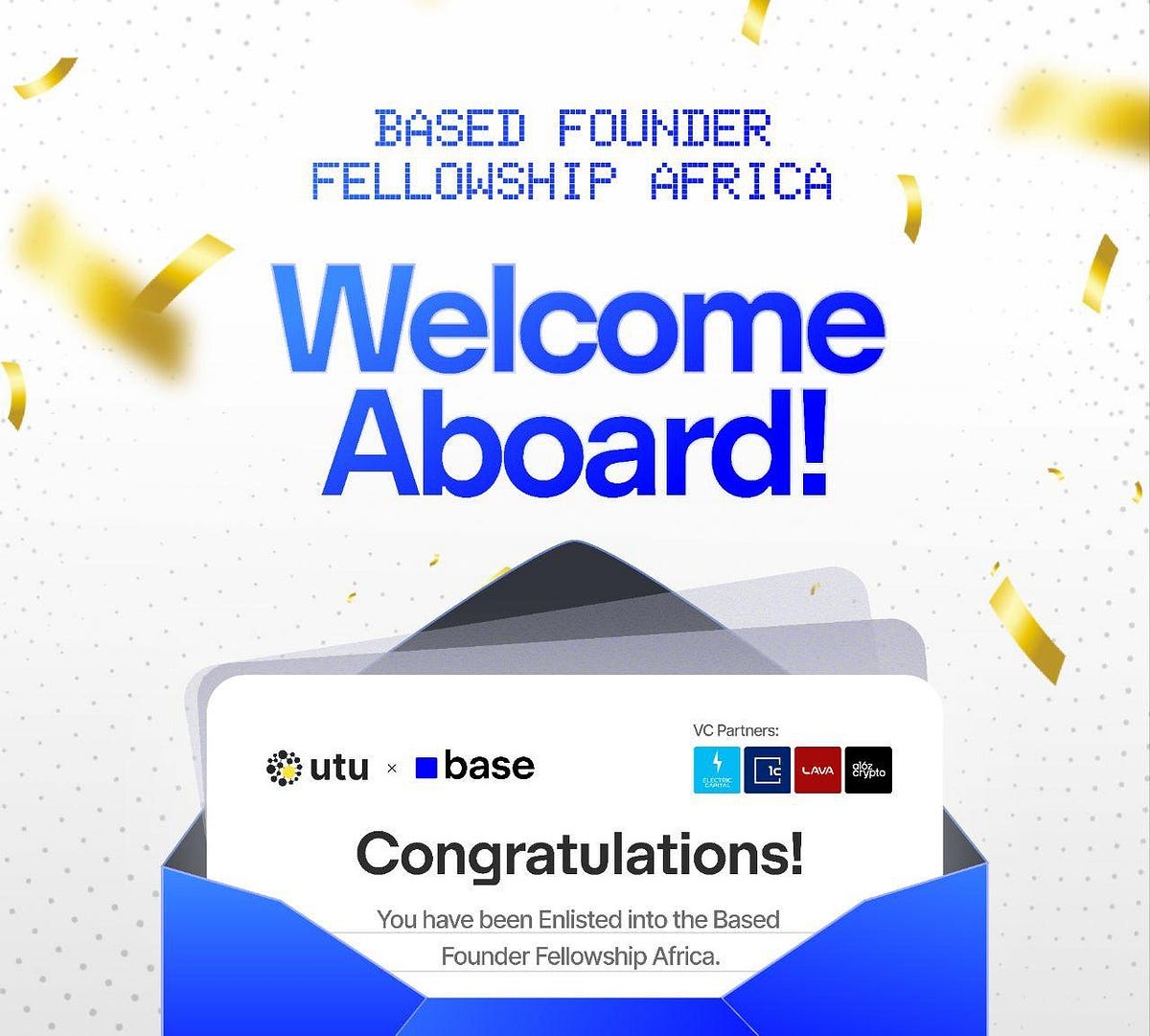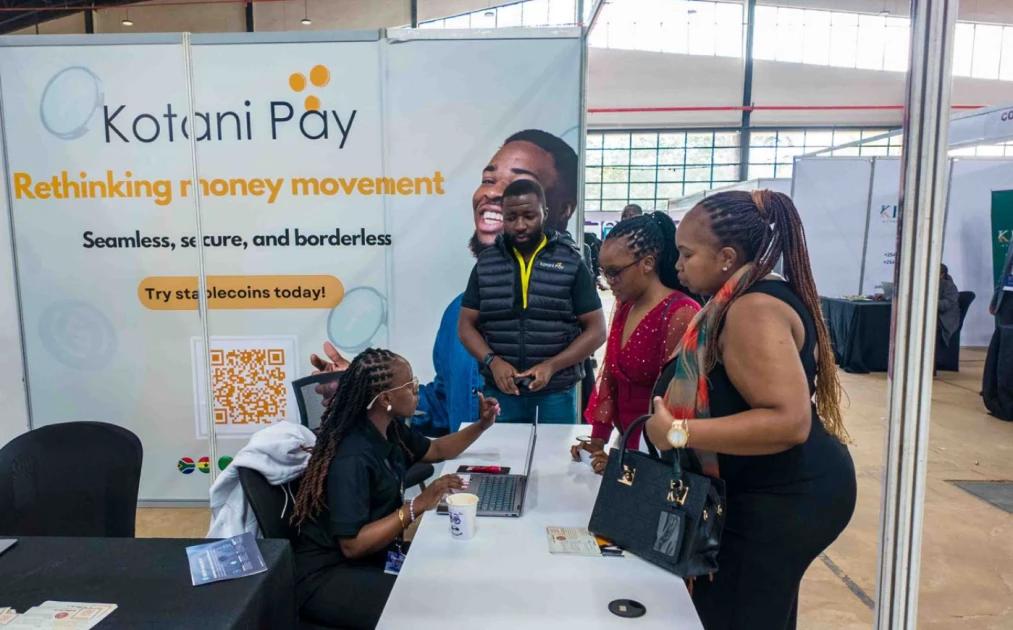Elly Savatia, founder of Signvrse, has won the 2025 Africa Prize for Engineering Innovation with his groundbreaking app, Terp 360, an AI-powered platform designed to bridge communication gaps for the deaf community.
It’s a win that extends beyond technology. Terp 360 is more than clever code; it’s a statement about who gets to participate in Africa’s digital future.
Reinventing Sign Language for the Digital Age
At first glance, Terp 360 looks simple: a web app that translates spoken words or text into Kenyan Sign Language (KSL) through a lifelike 3D avatar.
But behind that simplicity lies serious engineering muscle. Unlike static video libraries or the limited reach of human interpreters, Terp 360 uses real-time AI to generate fluent, context-aware gestures.
Currently compatible with English and Swahili, the tool can soon handle other languages too, an important leap for a multilingual continent.
The inspiration came close to home. Savatia watched his deaf wife struggle to access healthcare and education, not for lack of intelligence or drive, but because communication tools simply didn’t exist.
“Deaf people are often left out of conversations because there’s no easy way to communicate,” he explains.
In Kenya, there’s roughly one interpreter for every 1,000 deaf individuals. Terp 360 helps fill that gap, giving people independence in classrooms, workplaces, and public spaces.
Early pilots in schools and hospitals have already shown a 40% jump in comprehension, proof that accessibility is infrastructure.
And the app’s edge? Its avatar isn’t robotic. Facial cues and hand motion capture make it expressive enough to convey tone and emotion, which is crucial in sign language, where a raised eyebrow can change meaning entirely.
The Journey to Africa’s Premier Engineering Prize
The Africa Prize for Engineering Innovation, launched in 2014 by the Royal Academy of Engineering (UK), has become a continent-wide accelerator for breakthrough ideas.
Over the past decade, it has supported 165+ businesses in 22 countries, offering not just funding but mentorship and investor access.
This year, from 16 shortlisted innovators, four finalists completed an eight-month sprint of workshops and pitch training before facing the judges in London.
On October 16, 2025, Savatia took home the top honour of £50,000 (about US$67,000) to scale his vision.
READ ALSO:Kenyan Innovator Esther Kimani Awarded Sh8.1 Million for Pest-Detecting Technology
“I’m totally grateful for this,” he said after the announcement. “It’s a testament to the innovative assistive tech coming out of Africa, and I’m excited for more excellence from Signvrse and the continent.”
The runners-up, each earning £10,000, reflected the depth of Africa’s talent pool:
- Vivian Arinaitwe (Uganda) – NeoNest, a portable solar-powered incubator saving premature babies in remote areas.
- Frank Owusu (Ghana) – Aquamet, a low-cost purification system turning unsafe water into a drinkable supply.
- Carol Ofafa (Kenya) – E-Safiri, an AI platform optimising public transport routes to reduce congestion and emissions.
Meanwhile, Mozambique’s Rui Bauhofer won the audience-voted One to Watch award for Eco-Plates, eco-friendly tableware made from maize husk waste.
Why Terp 360 Rose Above the Rest
So why did Terp 360 clinch the crown? The judges called it a rare fusion of technical precision and human empathy. “Elly’s app doesn’t just translate; it humanises communication,” said a Royal Academy spokesperson.
In an age where AI ethics and accessibility dominate global debate, Savatia’s work stands out as African-led, purpose-driven innovation.
Its cloud-based design means it can run on standard devices, and Signvrse plans to open-source key components, inviting collaborators to adapt it for other African sign languages.
That scalability combined with real impact is what set it apart.
A Glimpse of Africa’s Innovation Future
Savatia’s victory joins a growing list of African engineers solving distinctly local challenges with global relevance.
Whether it’s NeoNest’s neonatal care, Aquamet’s clean water, or E-Safiri’s smarter mobility, these innovators are tackling issues that matter right now.
As climate change, urban growth, and digital inequality reshape the continent, initiatives like the Africa Prize are more than contests; they’re catalysts. They connect dreamers to investors and ideas to implementation.
For Savatia, this is only the beginning. Next up for Terp 360: broader language support, AR integrations, and continental rollouts.
The dream? A world where no deaf person has to sit on the sidelines of a conversation.
Congratulations to Elly Savatia and the 2025 Africa Prize cohort. The future of African innovation isn’t coming. It’s already speaking in every language, and now, in every sign.
Terp 360 and Signvrse: Pioneering Digital Innovation in Kenya
Terp 360 Kenya is an innovative technology platform designed to enhance digital experiences for businesses and individuals across Africa.
Through the Terp 360 app, users can access immersive tools and smart solutions that simplify workflows and communication.
The secure Terp 360 login portal allows clients to manage their digital projects with ease. Closely connected to this ecosystem is Signvrse, a cutting-edge virtual reality and metaverse technology company that empowers brands to create interactive digital spaces.
The Terp 360 Signvrse collaboration highlights their shared mission of driving digital transformation across industries.
For professionals eager to join this fast-growing tech movement, Signvrse careers offers opportunities to work on next-generation virtual innovation in Kenya and beyond.
Ronnie Paul is a seasoned writer and analyst with a prolific portfolio of over 1,000 published articles, specialising in fintech, cryptocurrency, and digital finance at Africa Digest News.






Leave a Reply